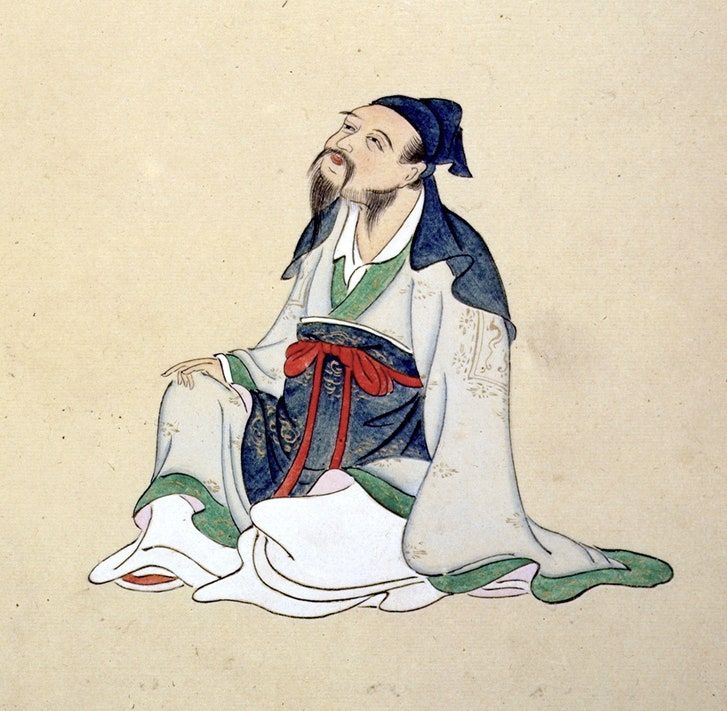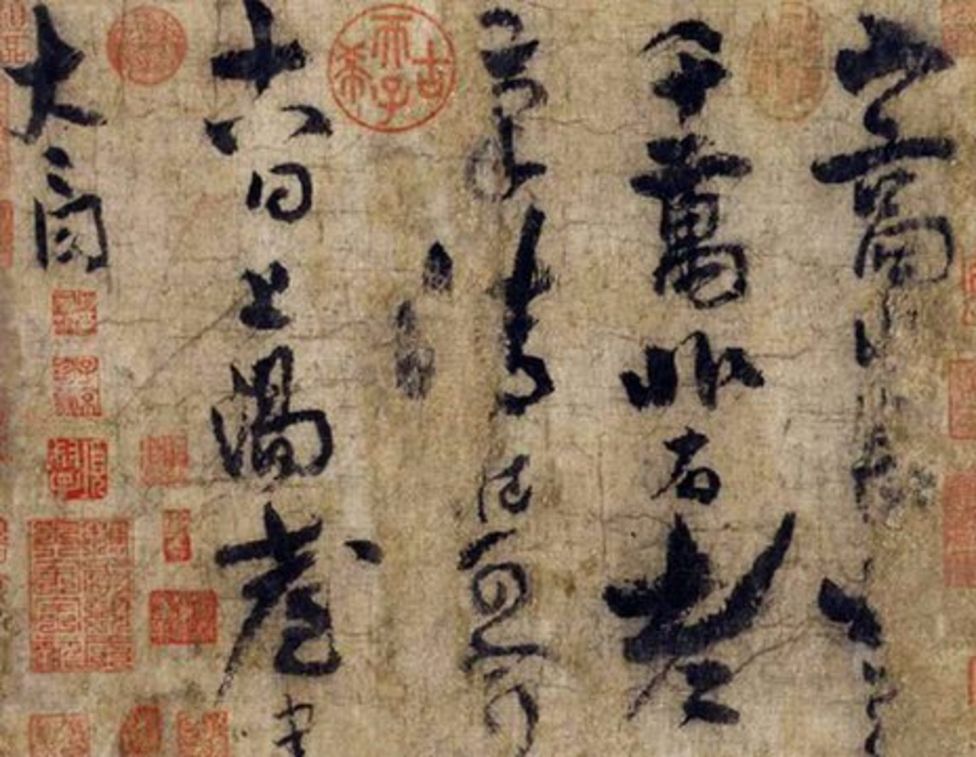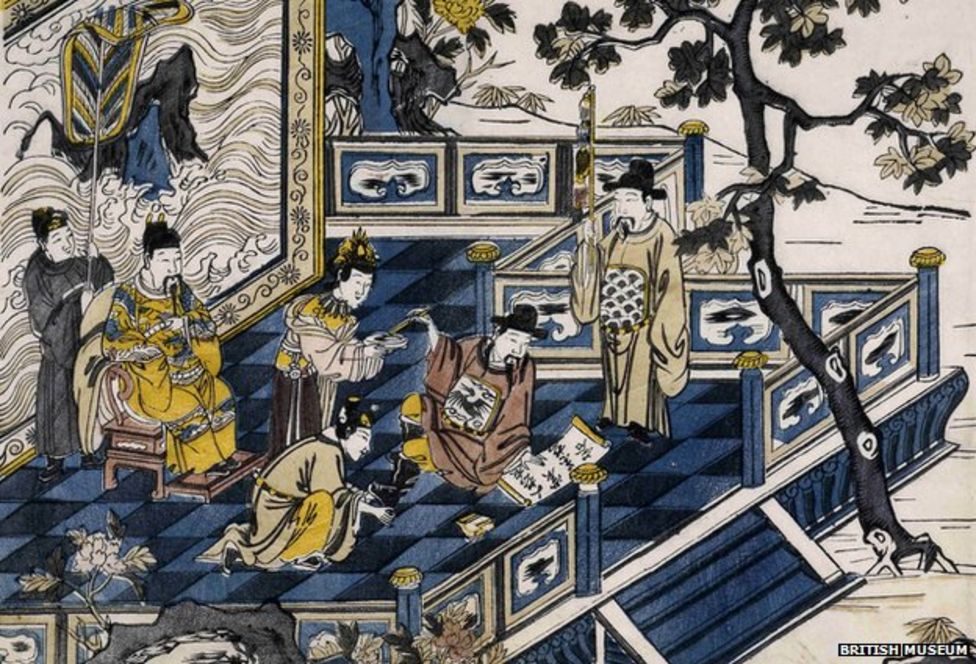Li Bai
Li Bai, 8th cent. | Image and original data provided by SCALA, Florence/ART RESOURCE, N.Y. artres.com / scalarchives.com | (c) 2006, SCALA, Florence/ART RESOURCE, N.Y
Also known as Li Bo, Li Pai, or Li Po, Li Bai was born in 701 in Jiangyou, Sichuan province and died in 762 in Dangtu, Anhui province. His family background is thought to be of Turkish descent. He was obsessed with fantasy and withdrawal, nevertheless considered one of the greatest poets, along with his friend Du Fu during Th Golden Age of Chinese Poetry during the Tang Dynasty. Li Bai was involved with Daoist ideas and enjoyed a brief period of favor in the imperial court of Xuan-zong, cut short by his abrasive behavior. During the An Lushan rebellion (755-763) he joined the court of Prince Yun who was eventually captured, with Li Bai arrested for treason. Li Bai imagined himself as yue-fu, the noblest recluse or the bravest knight, as evident through his poetry where he often inserts himself into his dream-like fantasies. His niche of fantasy involved myths and adoption of the 8th century counterculture. His poems reflect his yearning for and hatred of fame and favor, appearing in continuous themes of isolation, sorrow, and immortality. Noted for his loving of wine, Li Bai often uses alcohol in his art as a remedy for or gateway to dreams of a different, even fantasy existence.



